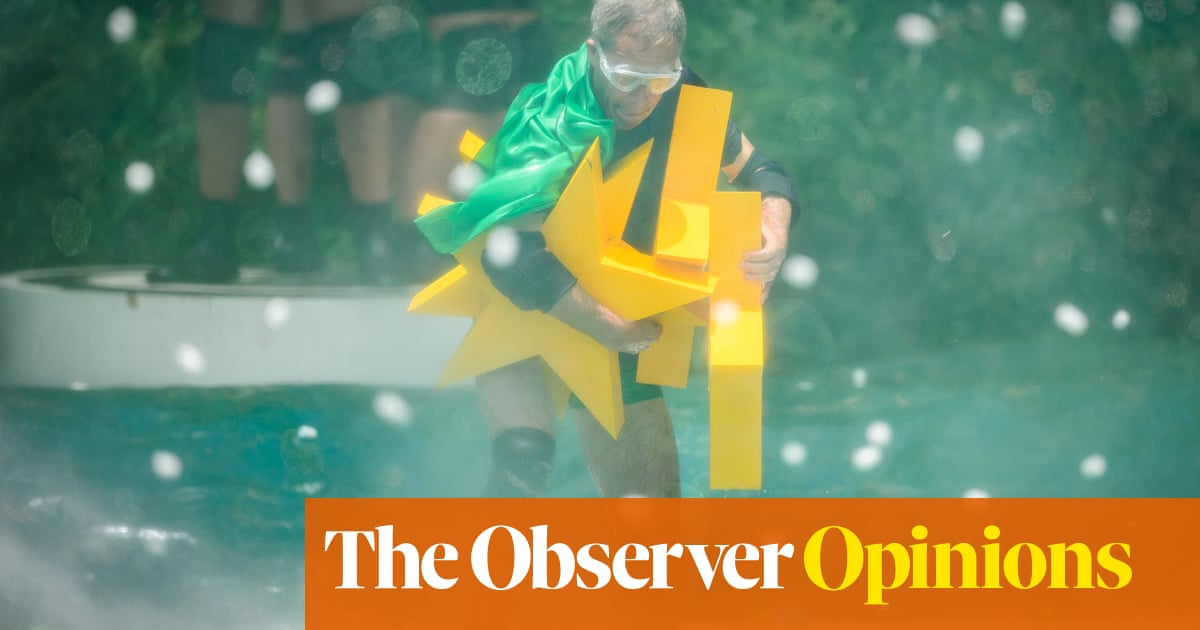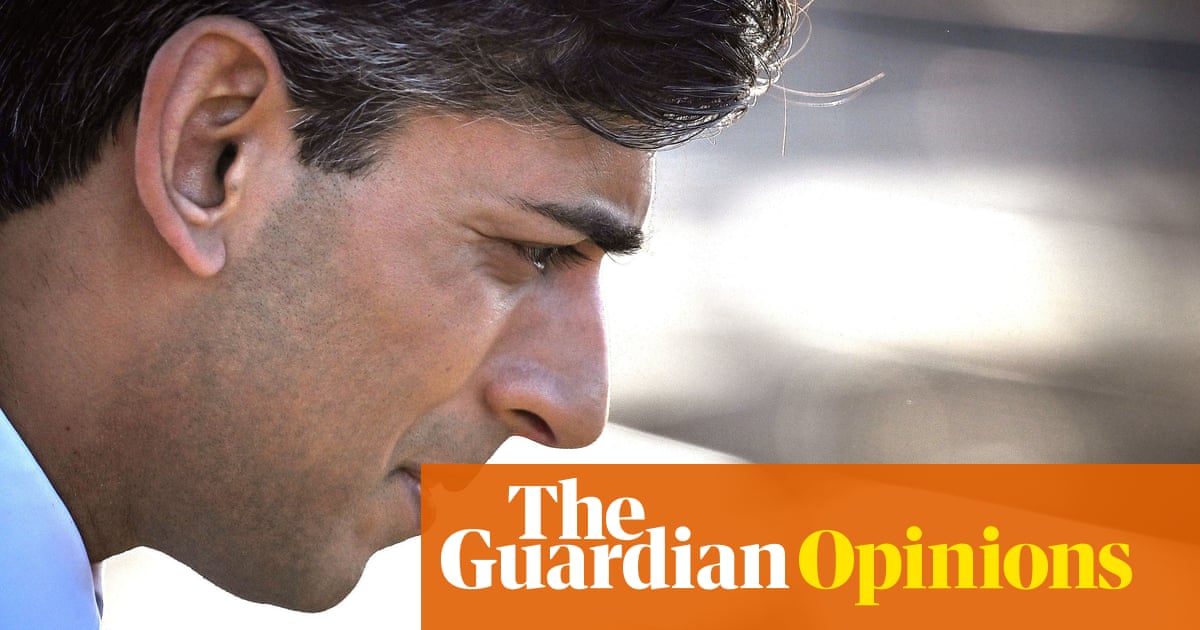
o quote Monty Python’s Flying Circus, no one expects the Spanish Inquisition. And until recently, few would have envisaged that the Medical Practitioners Tribunal Service of the General Medical Council might play a defining role in a scandal that has embroiled the UK’s most prolific Olympic sport and its spin-off professional team backed by Sky and now Ineos. But then the past 23 years of doping scandals have taken cycling to some strange places.
By the end of Dr Richard Freeman’s marathon fitness to practice hearing, however, any element of surprise was missing. Given the inadequacy of Freeman’s explanations, his destruction of evidence and the persistent chopping and changing of his story, there was perfect logic in the verdict that he had, on the balance of probability, acquired the banned drug testosterone “knowing or believing it was for” an unnamed athlete. He now faces further hearings and a UK Anti-Doping inquiry, which between them will keep this narrative lurching along for quite a while yet.
Quite where the Freeman saga heads now is anyone’s guess, but that’s par for its contorted course. This has been cycling’s reality since the July evening in 1998 when the Festina soigneur Willy Voet was stopped by customs men on Chemin du Dronckaert, a back lane on the Franco-Belgian border. Each of cycling’s major doping tales since then has been different, a netherworld in which cheats move goalposts and various powers-that-be play catch-up. Every now and then, that netherworld is exposed to the light.
Compared with the tales of Festina, Lance Armstrong and the massive Operación Puerto blood doping investigation, the Freeman saga smacks more of pushing the margins of the permissible; the use of triamcinolone with therapeutic use exemptions was – legally if not morally – on one side of the line, the purchase of testosterone on the other. But the usual sense of impunity, denial and hypocrisy is there, all the more so because Freeman worked for teams that were founded on strong anti-doping principles which they shouted from the rooftops.
The Freeman tale may now fizzle out. Although Sir Dave Brailsford’s fitness to continue as head of Ineos will be rightly questioned, as it has been since 2017, he and the team will present a dead bat to questions: they have said they are convinced that no athlete was given Testogel. That is despite the GMC’s conclusion to the contrary, although what weight their conviction carries is for the outside world to judge.
Ukad’s inquiry could be stalled by a lack of further information, unwilling witnesses and limited investigative powers – the same obstacles that prevented any firm conclusion to the vexed question of what was in the “Jiffy bag” sent to Team Sky at the 2011 Critérium du Dauphiné.
The sporting world would then be left with the “balance of probability” of the GMC ruling to accompany the 2018 report of the digital, culture, media and sport select committee of MPs that slated Brailsford, British Cycling and Team Sky. Both may look damning to the neutral, but in the absence of a firm doping conviction, they provide wriggle room. Compare and contrast with the serried ranks of witnesses who queued up in 2012 to testify that yes, Lance Armstrong did indeed dope, and dope, and then dope some more just in case. The sight of Brailsford wriggling may please no one, but whatever the untied loose ends, it may prove just enough to keep his corporate backers on side as it has done in the past.
This is one scenario. The history of doping scandals in cycling suggests it is far from a given. The mystery cyclist is the immediate focus of attention, but for Ukad process should be of as much interest as outcome.
It is clear from evidence at the DCMS inquiry and the Freeman hearing that over the winter of 2010-11 there was a change in Team Sky’s philosophy. The idealism that was there in 2010 was shoved aside, the policy of not hiring doctors from the cycling world was secretly jettisoned, and a move made into legal-injected “recuperation”.
It boiled down to a decision to extend the “marginal gains” policy into grey areas. A key question for Ukad should be how and by whom that process was driven and what part it played in the chain of events that included the acquisition of triamcinolone and testosterone, the Jiffy bag, which leads us to Friday’s verdict.
The human factor has been the gamechanger in the scandals that have dogged cycling over the years. Festina gained traction largely because of a driven juge d’instruction, Patrick Keil, backed by a motivated French sports minister, Marie-George Buffet. Armstrong was untouchable and his case hinged on the falling out that prompted his former teammate Floyd Landis to turn state’s evidence after Armstrong refused him a team place. That in turn led to a spate of further confessions. Had Big Tex indulged his old friend, he might still be a seven-times Tour de France winner to this day.
Freeman is no innocent victim in this, according to the GMC ruling. However, if he senses that he has nothing more to lose, and were to decide to name names and go into details over who knew what and when, and who was given what and when … he has already written one book; there is more material for a publisher now.
Since someone close to the hub of the action told the Daily Mail about the Jiffy bag story in October 2016, the narrative has been fuelled by selective leaking, back-stabbing and the settling of scores. If that were to continue, Friday’s ruling might be seen as a midpoint in the story, rather than an untidy conclusion.












